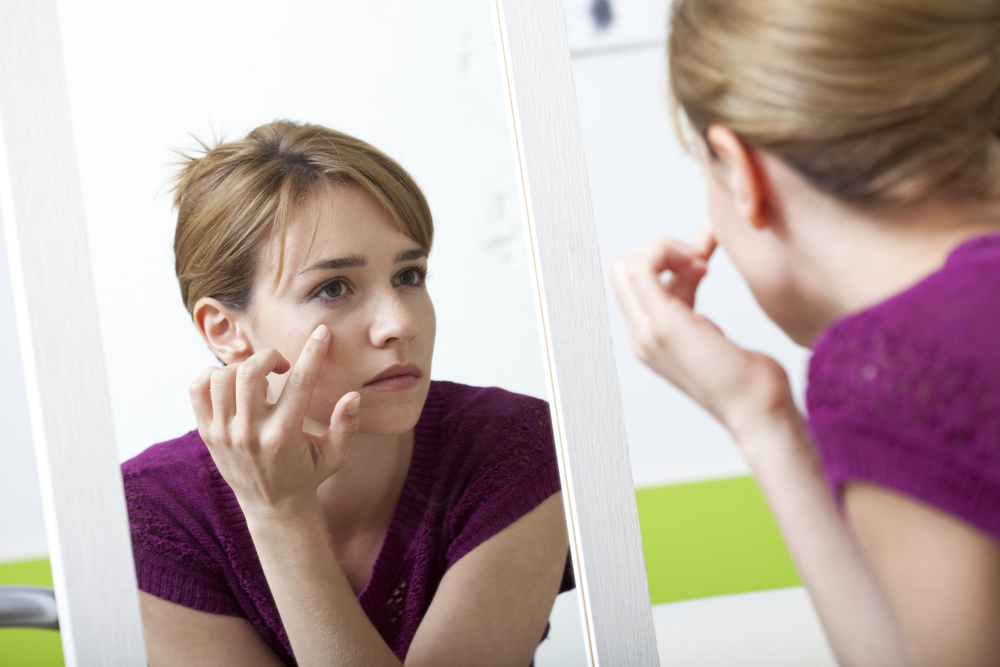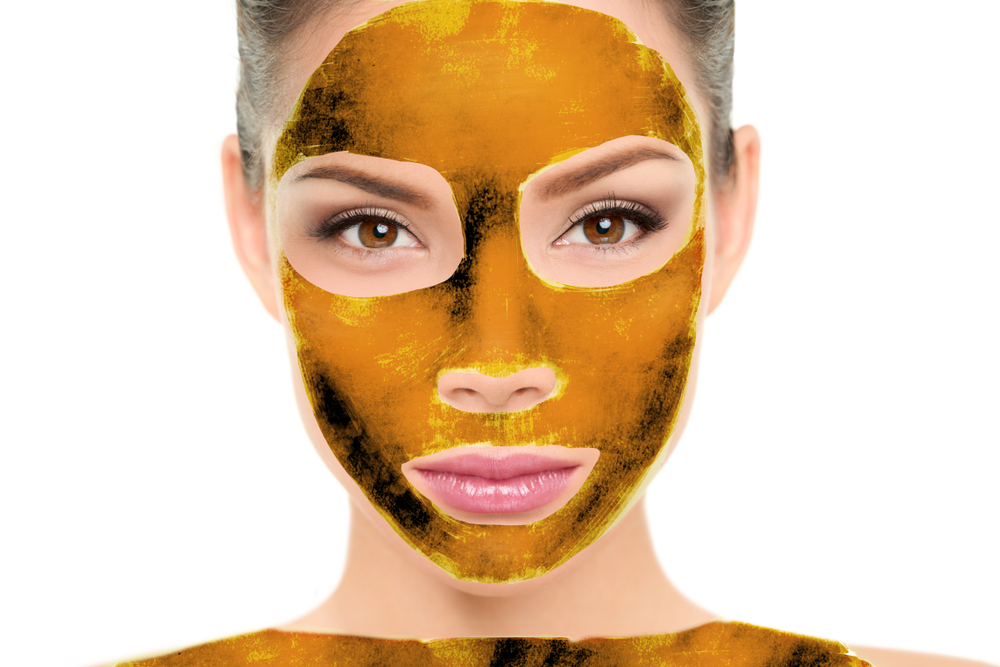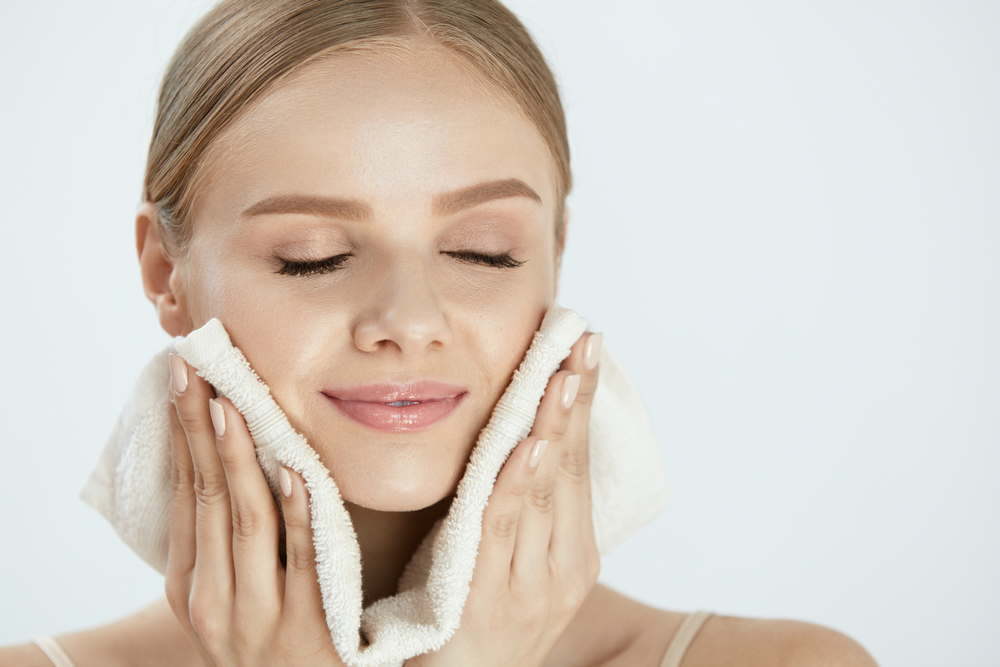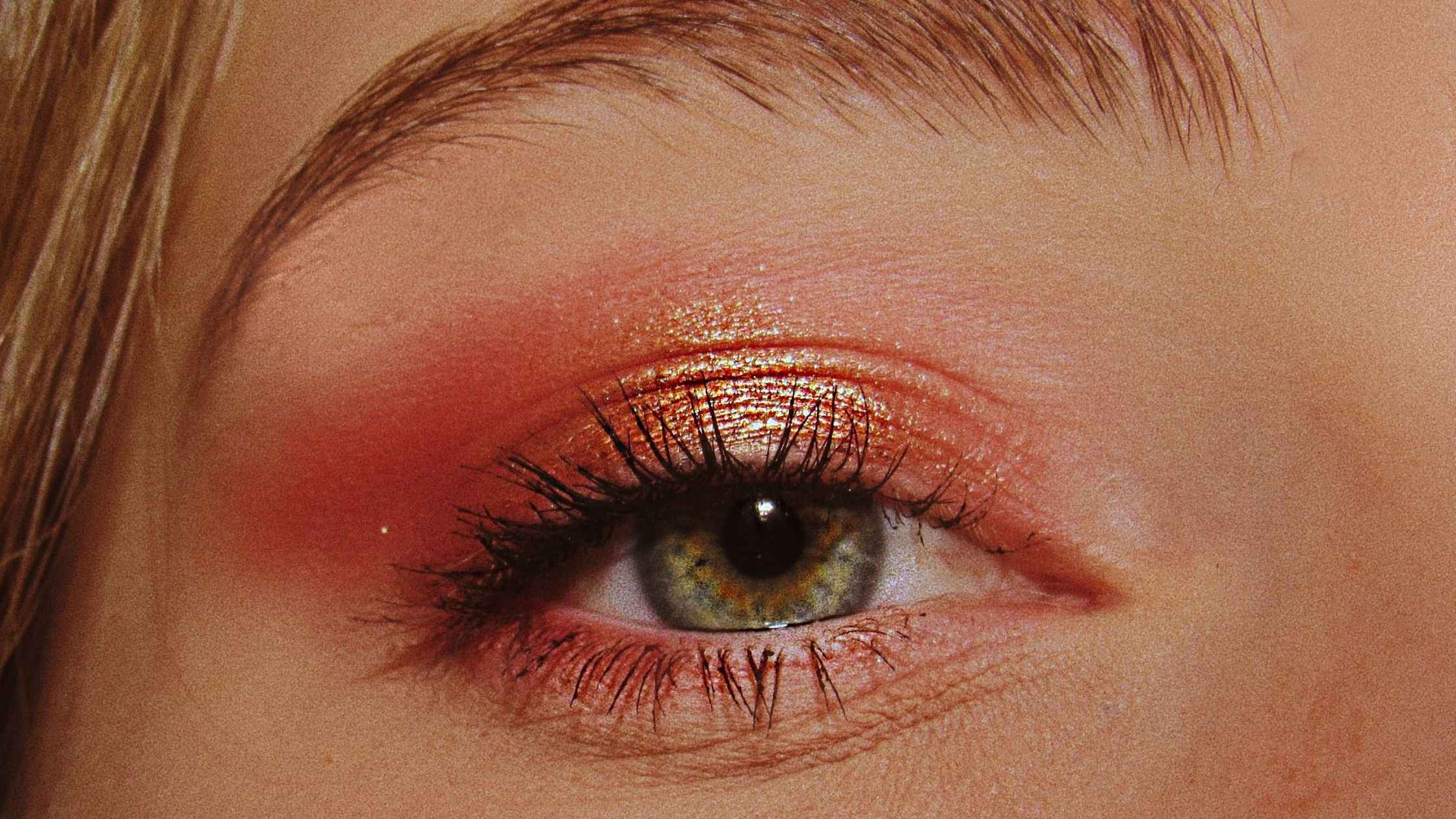- Eye puffiness can be caused by a variety of factors, including allergies, fluid retention, irritants in skin care products, pink eye, stress, lack of sleep, and aging.
- Puffy eyes can be unsightly, but they are not usually cause for serious medical concern unless they are accompanied by other specific symptoms.
- There are a number of ways to alleviate puffy eyes, from lifestyle changes and special skincare products to cosmetic surgeries.
There’s hardly a less welcome issue to wake up to than puffy eyes, and that’s precisely what many people see in their reflection day after day. Many chalk it up to not getting enough sleep or getting older, but this unsightly issue is a little more complicated than that.
What causes puffy eyes? Should you be concerned about this problem? And what can you do about it? Here, we’ve broken down some of the most common culprits for puffy eyes and provided guidance on how to get rid of them and when to see a doctor.
Common causes of puffy eyes
Stress
A poor night’s sleep is often associated with dark circles and puffy eyes, but did you know that stress is very often the culprit? Studies have shown that stress can throw off the salt balance in your body. And when your salt balance is off, you’re more likely to retain water. That means the skin around your eyes will appear swollen in the morning.
Allergies
Eye puffiness can also be a symptom of seasonal allergies. When your skin is exposed to allergens—such as dust, pollen, or cat dander—your body releases histamines into your system, which can cause a reaction on your skin. And because the skin around your eyes is especially thin, you’re more likely to see the swelling there. One way to tell that allergies are the cause of your eye puffiness is that it is accompanied by itching and watering, and when you scratch your eyes for relief, you irritate the skin and exacerbate any puffiness.
Water retention
You know how your midsection feels bloated when you eat a lot of salt-laden foods? Well, fluid retention can also happen around the eyes. You might retain water for a number of reasons, including eating foods that are high in sodium, consuming a lot of alcohol, and experiencing premenstrual syndrome. Although the current recommended daily intake of sodium is 2,400 milligrams, the American Heart Association recommends limiting sodium to 1,500 milligrams.
Irritants
You might also want to take a look at the ingredients on any new skincare products you’re using if you start to experience puffy eyes. Certain ingredients—like witch hazel, alcohol, fragrances, and citrus extracts—can be too harsh for the delicate skin around your eyes. It’s a good idea to consult a dermatologist before introducing a new product into your skincare regimen just to be safe, especially if you have sensitive skin.
Pink eye
Conjunctivitis is often accompanied by puffiness around the eyes, especially allergy-related pink eye, which typically affects both eyes and triggers itching and the release of watery discharge. In the case of allergic or viral conjunctivitis, you might experience sneezing or other symptoms alongside the eye puffiness. Also, keep in mind that pink eye isn’t necessarily accompanied by obvious redness, particularly if the cause of the infection is viral rather than bacterial.
Aging
Obviously, our skin changes as we age. One reason is that gravitational pull works against our skin. But on top of that, the production of collagen, which maintains our skin’s structure and keeps it looking firm, begins to decrease as we age, causing the skin around our eyes to sag. Meanwhile, the membranes that contain the protective fatty deposits around your eyes weaken, and that fat gets misplaced, causing a puffy appearance.
How to get rid of puffy eyes
You have a multitude of options to address your puffy eyes. Your course of action depends on how much they’re bothering you, how long you’ve been dealing with the issue, and how persistent it is.
Recommendations
- Reduce your salt intake to prevent fluid retention around the eyes.
- Limit your alcohol intake and drink plenty of water to avoid dehydration.
- Since potassium plays a role in eliminating excess fluid from the body, you might want to incorporate more foods into your diet that are high in this mineral—like leafy greens, beans and other legumes, and bananas—or take a potassium supplement.
- Sleep with your head elevated at night, either with a stack of multiple pillows or a graduated wedge pillow, because this can prevent fluid from pooling around your eyes.
Dr. Evans notes that natural remedies that could be effective include moist tea bag compresses, because the tannic acid can be helpful for swelling, cold compresses, and getting adequate rest. “Preparation H applied topically can help,” she adds. “Topical’s with hyaluronic acid may offer some improvement.”
If you suspect allergies are to blame, you can try over-the-counter antihistamines, eye drops, and eye rinses. Of course, limiting your exposure to those allergens is best. And if over-the-counter allergy solutions aren’t effective at addressing your puffy eyes, you might want to see your doctor.
Another viable way to treat puffiness is with the right eye cream. For example, a product with anti-inflammatory agents, such as alpha-lipoic acid, niacinamide, or green tea, is ideal. Additionally, you may want to seek out eye creams that contain caffeine, which can make your skin look firmer by constricting the blood vessels. In fact, a study published in Skin Pharmacology and Physiology notes that “caffeine has potent antioxidant properties. It helps protects against UV radiation and slows down the process of photoaging in the skin.” Additional research in the Journal of Applied Pharmaceutical Science showed that an eye gel containing caffeine reduced eye puffiness in subjects.
If you’re becoming increasingly frustrated with your eye puffiness and other measures haven’t proved effective, cosmetic surgery is an option. For example, blepharoplasty is a cosmetic eyelid surgery that eliminates or moves the excess fat and skin that contribute to the problem. Depending on the nature and severity of the issue, your doctor might recommend laser resurfacing treatments, which can tighten and thicken the skin in the under-eye area while simultaneously lightening pigmentation.
Why don’t you treat your under-eye veins with these products?
There are various ways to reduce and treat your under-eye puffiness. Here we have suggested a few products which will help you to either reduce or treat puffiness.
Eye Cream to Reduce Puffiness, Lines and Dark Circles
Loreal eye cream is a non-greasy light eye cream for under-eye puffiness and circles. This cream will smoothen the appearance of wrinkles and fine lines. This cream has Hyaluronic acid and caffeine formulated to defend against the signs of aging around your eyes. Eye defense eye cream for all the skin types, light-weight, non-greasy, clinically proven to suit all skin types. Hydrate and keep your skin healthy with Loreal Paris skincare.
Vitamin K Cream- Moisturizing Bruise Healing Formula
Maximum vitamin K clears and fades marks and spots from the bruised skin. Improves the microcirculation in capillaries and reduces the appearance of spider veins that clears the body and face. Anti-Aging peptide cream contains hyaluronic acid. This cream reverses the under-eye dark circle, puffiness, improves elasticity and collagen. Retaining natural moisturize, hydrates, and soothes the skin. Reduce the wrinkles and fine lines. Safe for all skin types include sensitive skin. Relieve itchiness, dryness, and smoothness of the skin with its calm ingredients. Recommendable after cosmetic operations for recovery and relieves pain.
Neutrogena Hydro Boost Hydrating Gel Eye Cream
Hydro boost gel cream smoothens the skin in and around the delicate eye area. The eye cream contains Hydrator has hyaluronic acid found in the skin that naturally attracts the moisture and locks them. Unique water gel formula absorbs the gel that is long-lasting and moisturizes the power cream. This cream will not clog pores and tested by ophthalmologist fragrance and dye-free. Under-eye cream for under-eye makeup is perfect. In addition to the skincare routine, it aids you in self-care and at-home experience.
Anti Aging Eye Cream for Dark Circles
Natural and vegan skincare company formulated the highly rated anti-aging eye cream. This eye cream treats the dark circle, puffiness, fine lines, and crows feet. Natural and vegan with natural organic eye cream for women with sensitive skin. With top-notch ingredients that are safe and retaining premium quality.
EltaMD Renew Eye Gel for Dark Circles
Elta MD cream suits mature skin types, retains healthy and bright skin. This cream is oil and paraben-free. Reduce skin aging with peptides, natural extracts, and Hyaluronic acid. Eliminate the fine lines, wrinkles, puffiness, and dark circles. Elta MD cream, highly recommended by dermatologists.
When to see a doctor
Fortunately, puffy eyes don’t typically indicate a serious medical problem. Still, as research published in 2007 in the Journal of Cosmetic Dermatology revealed, many patients can become quite “bothered and concerned” by this issue. If the appearance of your eyes is causing you emotional distress, it’s definitely worth getting to the bottom of the issue so you can attempt to resolve it.
Additionally, in rare cases, puffiness on the eyelids and under the eyes can be a sign of hyperthyroidism. This is because hyperthyroidism can cause the fat around the eyes to thicken. “If one has additional symptoms suggestive of thyroid disease— like fatigue, constipation, weight gain, dry skin and hair, or feeling cold—one should see a doctor to evaluate,” advises board-certified dermatologist Dr. Robin Evans of Southern Connecticut Dermatology in Stamford.
“One should also consider seeing a doctor if the onset [of puffy eyes] is sudden or if it seems excessive,” she adds. “And, of course, one can see a doctor for cosmetic management of this as well.”
What if you think you have pink eye? Although viral pink eye usually goes away on its own in about a week, you should see a doctor if the puffiness doesn’t go away after 10 days. If it seems to be bacterial pink eye, you might need prescription eye drops to accelerate the healing process.
“Likewise, if over-the-counter allergy medications are not providing relief for allergies, one should see a physician to discuss additional management,” says Dr. Evans.














